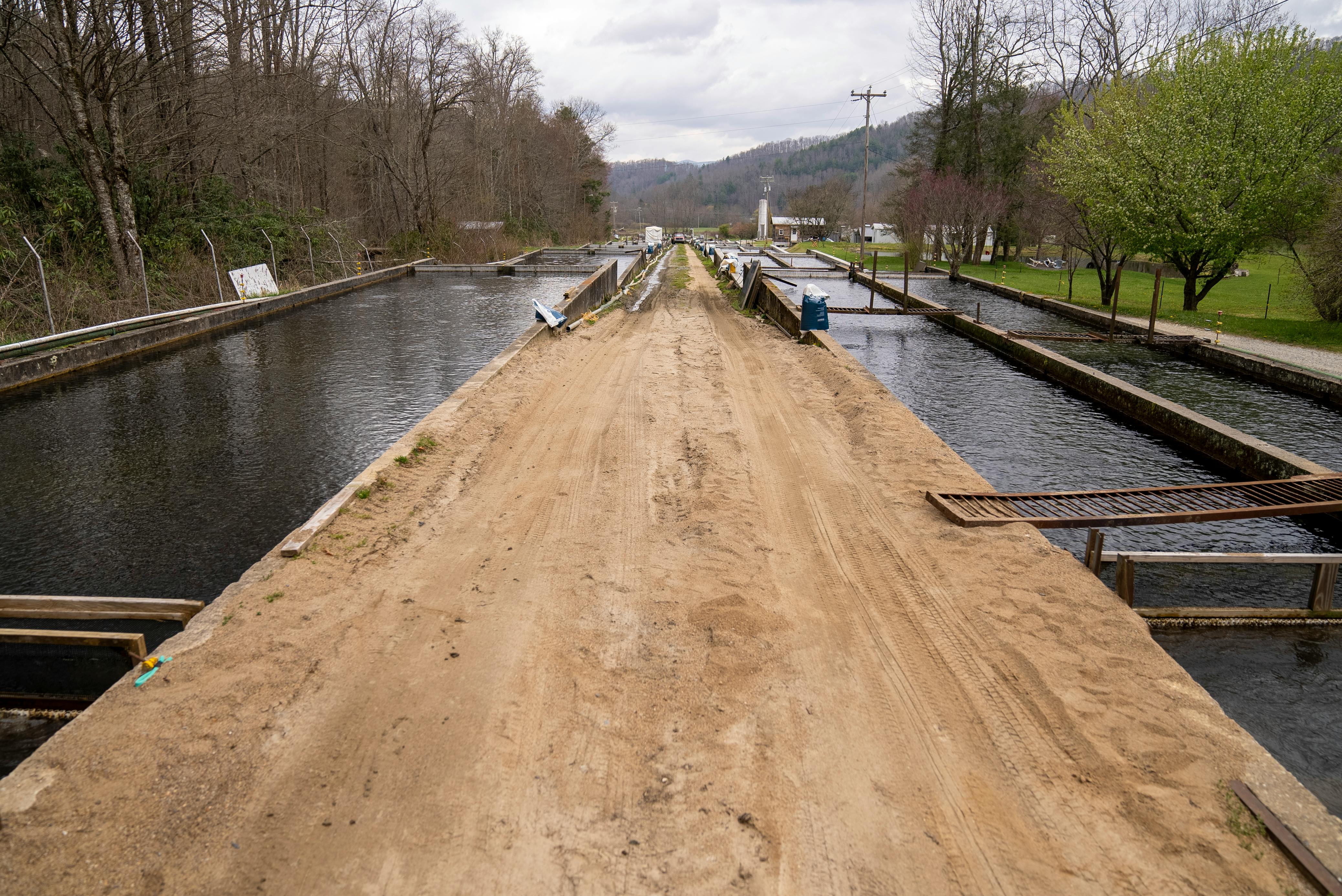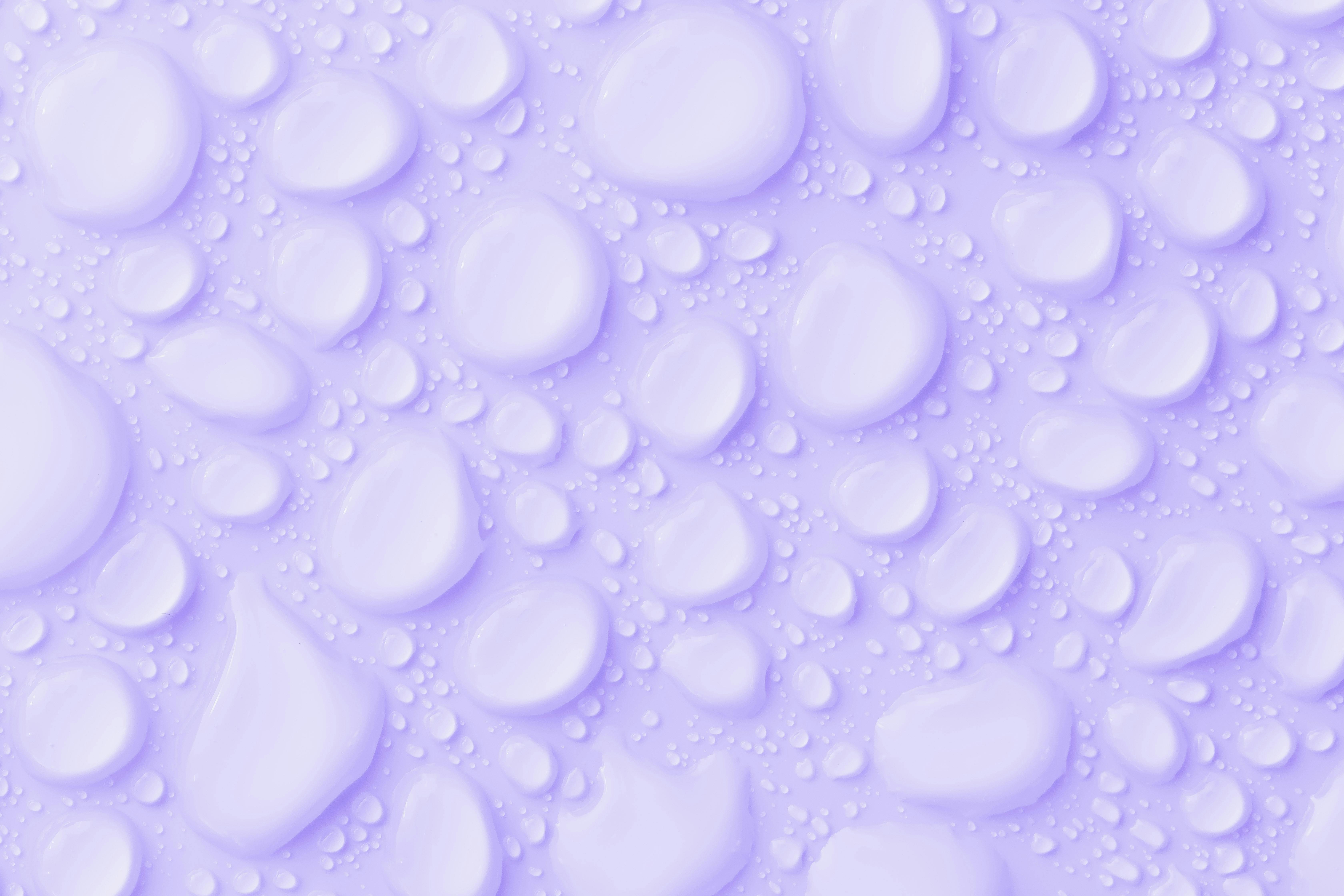Distilled water and regular tap water are both sources of drinking water, but they differ in some important ways. Distilled water is created through the process of distillation, which involves boiling the water to produce steam, which is then collected and condensed back into a liquid form. In contrast, regular tap water is typically filtered to remove impurities before it is sent to homes and businesses. Both types of water can be used for drinking or cooking, but there are several key differences between them that should be considered.Distilled water is a type of purified water that has had both impurities and minerals removed. It is produced by a process called distillation, which involves boiling the water and then condensing the collected steam back into a liquid. The end result is a clean, odorless, and tasteless liquid that has many uses.
How Is Distilled Water Made?
Distilled water is made by a process called distillation. This process involves boiling water until it turns into steam, and then capturing the steam in a separate container. As the steam cools, it condenses back into liquid form, leaving behind any impurities or contaminants that may have been in the original water. The condensed liquid is then collected and stored as distilled water.
The process of distillation is the same for both commercial and home-made distilled water. It involves heating up a container of untreated water until it vaporizes, and then capturing that vapor in another container. As the vapor cools, it condenses back into liquid form, creating purified, distilled water. This process can be done on a small scale with simple equipment or on a large scale with specialized equipment.
Distilled water can be used for drinking, cooking, cleaning and industrial applications. It has many advantages over other forms of purified water due to its lack of minerals and other contaminants that could be harmful to humans or the environment. Distilled water also does not require added chemicals to make it safe for consumption or use in
Benefits of Distilled Water
Distilled water is water that has been boiled and evaporated to remove impurities, such as salts, minerals, and other contaminants. It is then condensed back into liquid form. The process of distillation removes many of the contaminants that other types of water filtration don’t. This makes distilled water a purer form of H2O than tap or filtered water. There are several benefits to using distilled water, including improved taste and purity, decreased risk of sickness from contaminants, and more cost-effective than other forms of filtered water.
One major benefit of using distilled water is its improved taste. Since all the impurities are removed during the distillation process, it is often considered to have a much cleaner taste than regular tap or filtered water. This makes it an ideal choice for drinking as well as for cooking or preparing beverages such as coffee and tea.
Another benefit of drinking distilled water is its increased purity compared to other forms of filtered water. Since all the impurities are removed during the distillation process, it provides a much higher level of protection against potential contaminants that could
Are There Any Risks to Drinking Distilled Water?
Distilled water is a type of purified water that has had both contaminants and minerals removed through the distillation process. It is often used in various medical settings and for drinking. While it can offer some potential benefits, there are also some potential risks associated with it.
The main risk is that distilled water does not contain any minerals, such as calcium and magnesium. These minerals are essential for keeping the body healthy and maintaining electrolyte balance. If you drink only distilled water over an extended period of time, you may be at risk of developing mineral deficiencies.
Another potential risk is that drinking too much distilled water can lead to an imbalance in electrolytes, which can potentially cause symptoms such as dizziness, fatigue, and headaches. It is therefore important to limit your intake of distilled water accordingly and to always supplement it with other types of fluids.
In addition, distilled water does not contain fluoride, which helps protect against tooth decay. Therefore, if you are drinking only distilled water over an extended period of time, it may be beneficial to take a fluoride supplement or use products that contain fluoride in order to
What Is the Difference Between Distilled and Regular Water?
The primary difference between distilled and regular water is that distilled water is free of minerals, while regular water can contain a variety of minerals. Distilled water is created by boiling water and then collecting the steam that condenses back into water. This process removes impurities, including minerals, from the water. Regular water is any kind of naturally occurring or treated water, such as tap or spring water. It typically contains minerals like calcium and magnesium, which are beneficial for health but can cause problems if consumed in large amounts.
Distilled water has a number of uses in industry because it does not contain any minerals that can interfere with processes or equipment. It is also used in medical settings because it is sterile and free from bacteria and other contaminants. On the other hand, regular water can be used for drinking, cooking, and cleaning purposes. It contains essential minerals which are beneficial for health in moderate amounts.
While both types of waters have their advantages and disadvantages, it’s important to note that neither type of water should be used long-term as your only source of hydration; both distilled and regular

Distilled Water
Distilled water is a type of purified water that has had both impurities and minerals removed. It is usually produced by boiling the water and then condensing the steam into a clean container, leaving impurities behind. Distilled water is often used in medical and laboratory settings because it is free from contaminants, and it can also be used in household appliances like irons, humidifiers, and steam cleaners. Knowing how to identify distilled water can help you choose the best type of water for your needs.
How Can You Tell if Water is Distilled?
The simplest way to tell if a container of water is distilled is to look for the words “distilled” or “purified” on the label. If these words are absent, you may want to contact the manufacturer or supplier to find out if it is actually distilled water. Another way to tell if a container of water is distilled is by checking its pH level. Distilled water has a neutral pH level of 7, so testing it with litmus paper or an electronic pH meter can help you determine whether or not it’s distilled.
Uses of Distilled Water
Distilled water is water that has been purified through a distillation process to remove impurities, including minerals and other contaminants. Distilling involves boiling the water and then condensing the steam into a clean container, leaving most impurities behind. It is often used in applications where pure water is required, such as laboratory settings or aquariums. In addition to these uses, distilled water has many other practical applications.
One of the most common uses for distilled water is drinking water. It can be consumed directly or used in beverages and juices that require pure water for optimal flavor. Distilled water also improves the taste of coffee and tea, due to its lack of minerals and other contaminants.
Distilled water can also be used for medical purposes, such as irrigating wounds or preparing solutions for intravenous injections. In addition, it can be used to make baby formula, as it does not contain any harmful contaminants that could potentially harm a baby’s fragile system.
Distilled water is also used in steam irons to prevent scaling and mineral buildup from tap water. It can also be used in steam cleaners for carpets and
Can You Use Distilled Water for Cooking and Cleaning?
Yes, distilled water can be used for cooking and cleaning. Distilled water is a type of purified water that has had all of its impurities removed. This makes it an ideal choice for use in both cooking and cleaning. For cooking, it is often preferred because it does not contain any chemicals or minerals that could affect the flavor of the food being cooked. In addition, it can help to keep food fresher for longer by preventing bacteria growth.
For cleaning purposes, distilled water is also an excellent choice. It is free from any contaminants that could potentially damage surfaces or leave behind residue that could attract dirt or grime. It is also non-corrosive so it won’t damage delicate surfaces like wood or glass. Furthermore, it is a safe option because it does not contain any chlorine or other chemicals that could be hazardous to your health when inhaled.
Overall, distilled water can be a great choice for both cooking and cleaning purposes. Its lack of contaminants makes it an ideal option for use in food preparation, as well as providing a safe and effective way to clean surfaces around the home without the

Conclusion
In conclusion, the main difference between distilled water and regular tap water is that distilled water has been boiled and then cooled to remove any impurities and contaminants. This process leaves only pure H2O, which is free of bacteria, salts, metals and other inorganic substances. Since it lacks all of these components, distilled water has a longer shelf life than regular tap water. It also has better taste since it does not contain any chlorine or other chemicals.
However, while drinking distilled water offers some benefits, it can also have drawbacks since it lacks essential minerals such as calcium and magnesium. Therefore, if you are planning to drink distilled water on a regular basis, consult with your doctor first to ensure that you get the necessary amount of minerals in your diet.
Overall, understanding the differences between distilled water and regular tap water is important for making an informed decision about what type of water to drink.

